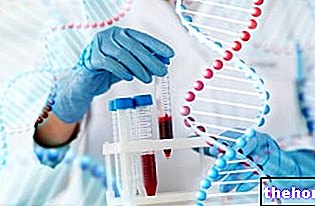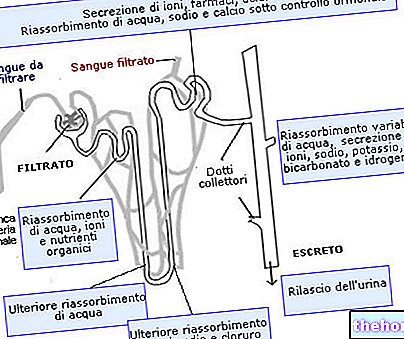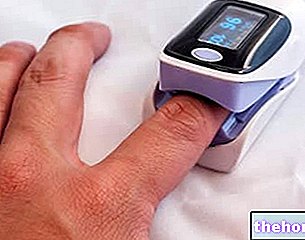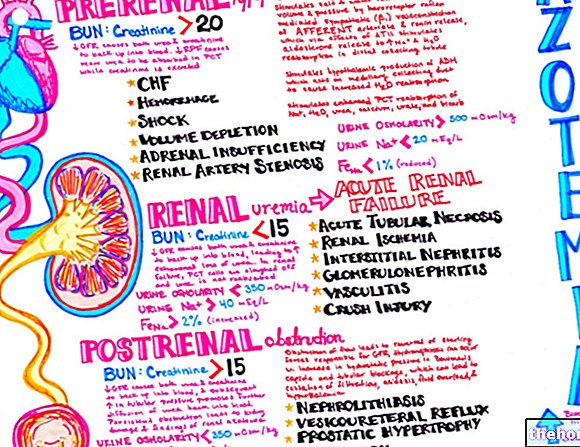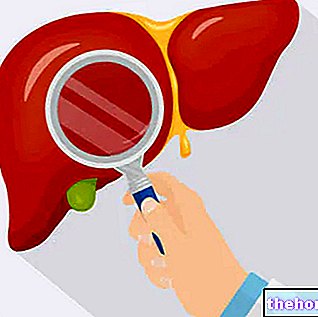Generality
The plasma assay of IgA class anti-endomysium autoantibodies (EMA) represents one of the most reliable serological tests among those used in the diagnosis of celiac disease.

In some cases, the presence of anti-endomysium autoantibodies is found in people suffering from dermatitis herpetiformis, an itchy and annoying skin disease.
Also called "gluten enteropathy", CELIAC is a disease characterized by "intolerance to gluten (protein contained in wheat and its derivatives). In genetically predisposed subjects, the ingestion of gluten is not tolerated. This results in malabsorption and morphological alterations of the intestinal mucosa (atrophy of the villi, hypertrophy of the crypts, thinning of the intestinal wall and infiltration of the mucosa by inflammatory cells). In the organism affected by celiac disease there is also an altered response of the immune system, which determines the formation of auto-antibodies against gluten (called AGA, anti-gliadin antibodies) and against the intestinal mucosa (EMA or tTG).

What's this
At the level of the intestinal wall, the endomysium is the thin layer of connective tissue that covers the individual muscle fibers and penetrates inside the bundles they constitute.
EMAs are autoantibodies directed against the mucosa, responsible for the continuous damage to the lining of the intestine.
Because it is measured
The assay of anti-endomysium antibodies (IgA class) has a very high specificity. In case of positive anti-transglutaminase IgA (tTG) antibodies, their research is the most important laboratory test to exclude or confirm gluten intolerance.
The examination of anti-endomysium antibodies (IgA class) therefore helps to establish the diagnosis of celiac disease.
The dosage of EMAs is indicated by the doctor in the presence of symptoms such as:
- Chronic diarrhea and vomiting;
- Flatulence;
- Abdominal pain and / or swelling;
- Anemia;
- Unusual weight loss
- Tiredness and fatigue;
- Muscle weakness
- Depression and other mood disorders;
- Skin rashes;
- Pain in the joints and bones.
In children, in case of celiac disease, other symptoms may occur, including:
- Growth retardation;
- Excessive and recurrent irritability;
- Stool too light in color.


